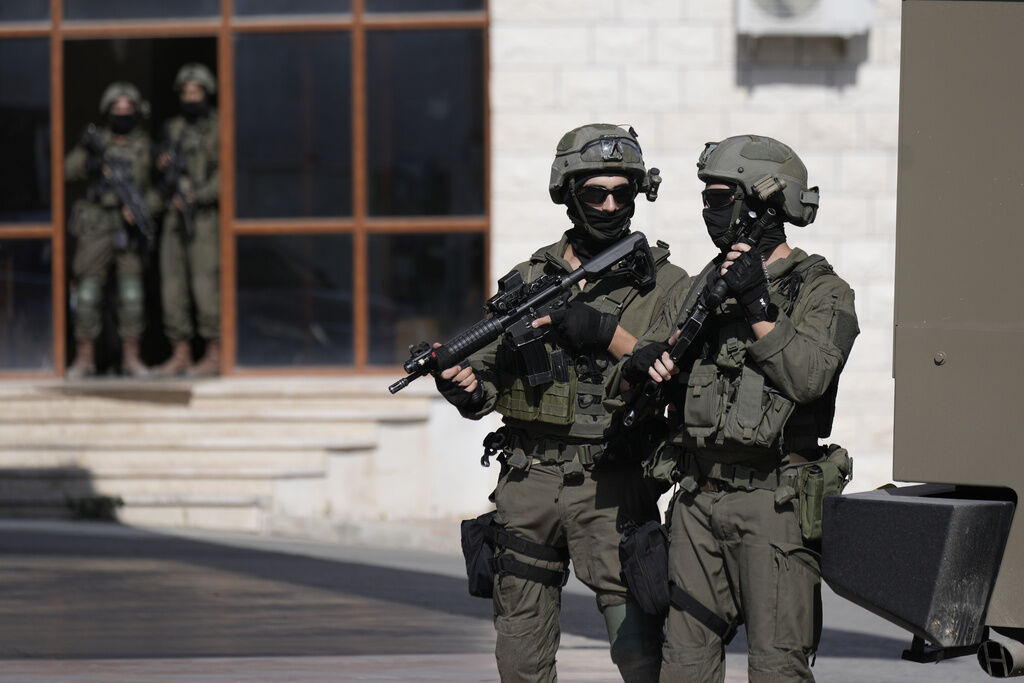Israeli soldiers avoid prosecution over Palestinian-American’s death

The Israeli military has decided not to criminally prosecute the soldiers involved in the death of Omar Assad, an 80-year-old Palestinian-American, who passed away in January 2022 after being detained at a West Bank checkpoint. Instead, the soldiers will only face disciplinary measures. Palestinian leaders had called for the soldiers to be prosecuted in an international court.
Omar Assad, a former resident of Milwaukee, Wisconsin, was stopped at a makeshift checkpoint in Jiljilya, his West Bank hometown. He was forcibly removed from his vehicle, bound, blindfolded, and left on the ground overnight. A Palestinian autopsy found that Assad, who had a history of heart problems, suffered a cardiac arrest caused by stress, which Palestinian officials attributed to his rough treatment by the Israeli soldiers.
According to an Israeli military investigation, Assad was detained for refusing to show identification at the checkpoint. The soldiers assumed he was asleep when they cut off the cable binding his hands and did not offer medical help when they saw he was unresponsive. They left him lying on the ground without checking to see if he was alive. He was later found dead with a plastic zip-tie still around one wrist.
The Israeli military acknowledged the soldiers’ misconduct, stating their actions “did not correspond with what is required and expected” of the Israeli military. However, the decision not to prosecute the soldiers was made after a thorough examination of the investigation materials, which indicated no causal link was found between the soldiers’ conduct and Assad’s death.
An Israeli military medical official stated it was impossible to determine that Assad’s death was caused specifically by the soldiers’ actions, and the soldiers could not have been aware of his medical condition. Two commanders will be dismissed and barred from serving in senior military positions for two years. One of the commanders will be “reprimanded,” without further elaboration.
Nawaf Assad, Omar’s brother living in Virginia, US, expressed his disappointment with the decision, stating, “It’s still clear to us that the soldiers acted criminally.”
A report by Israeli rights group Yesh Din found that Israeli forces were prosecuted in less than 1% of hundreds of complaints filed against them on alleged offences against Palestinians between 2017 and 2021. In rare cases where soldiers were convicted, military courts handed out lenient sentences.
Assad’s death, along with that of Al Jazeera journalist Shireen Abu Akleh, sparked outrage in Arab-American communities and raised questions about the US government’s support for Israel. James Zogby, president of the Arab American Institute think tank, criticized the US government for treating Arab-American citizens as “separate classes of citizens.”
The US State Department had previously called for “a thorough criminal investigation and full accountability of Mr. Assad’s death.” American Muslims for Palestine, a Washington, DC-based advocacy group, commented on the decision, stating, “a criminal government cannot be trusted with prosecuting its own crimes.”
Latest Thailand News
Follow The Thaiger on Google News:


























